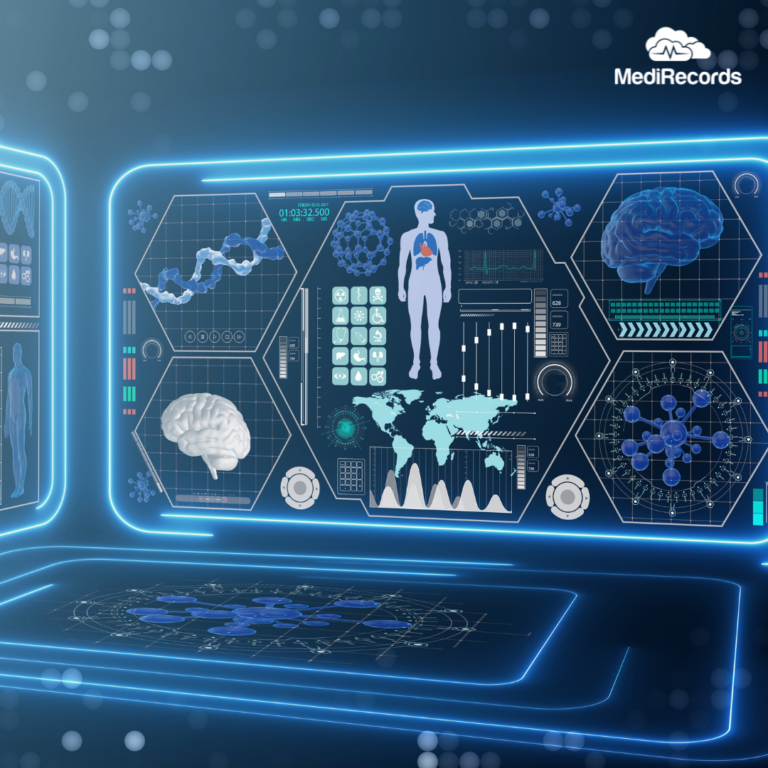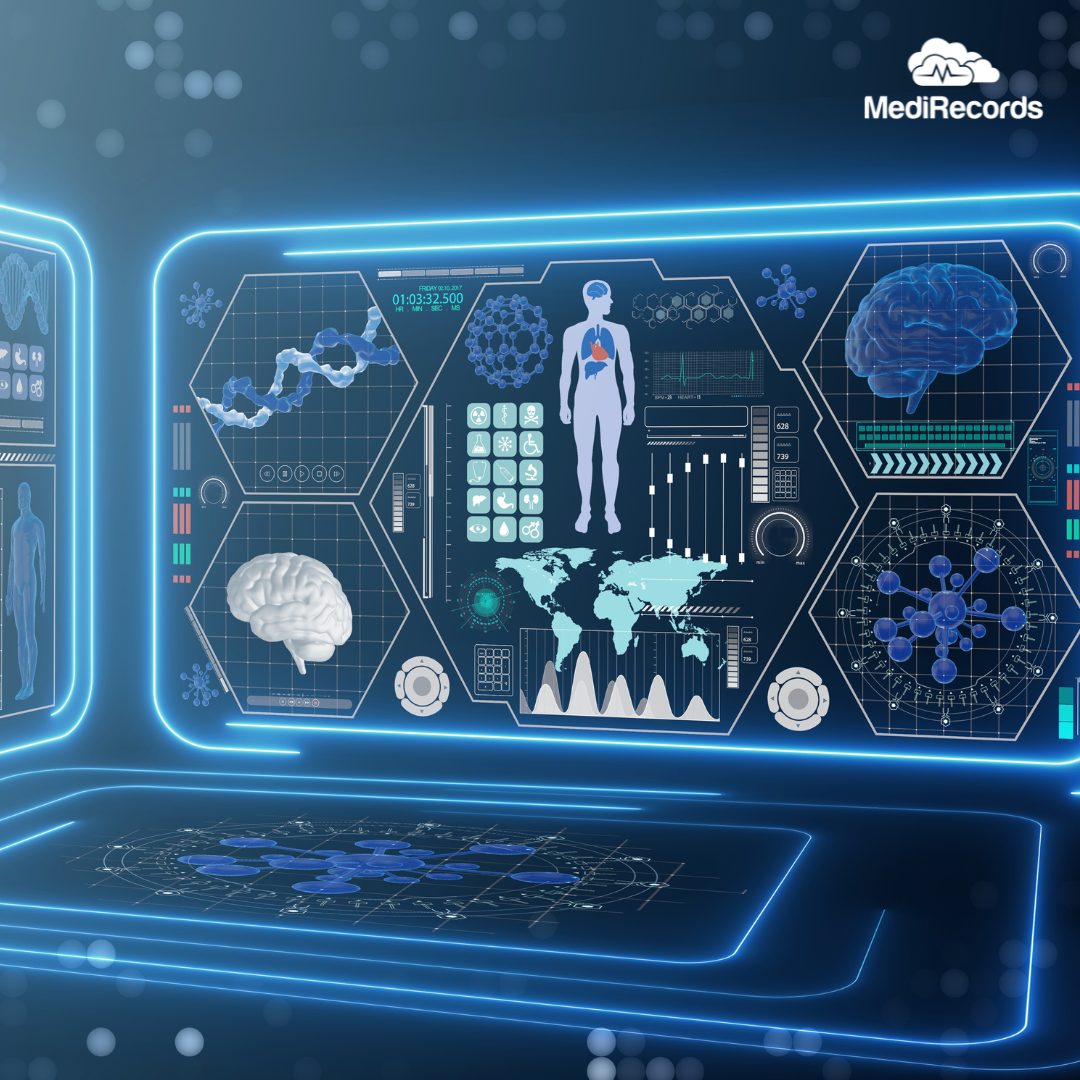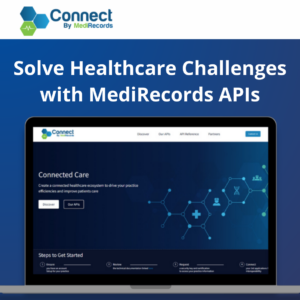November 7, 2023
Innovative solutions: Transforming patient care with next-gen AI

Using generative AI for almost-instant, accurate clinical notes is rapidly gaining momentum, with smart solutions emerging in Australia and globally.
And telehealth may be one place this tech shines brightest.
The fever-pitch buzz around generative AI in healthcare is not surprising, since it was valued at more than $1 billion last year, and poised to reach $22 billion by 2023.
Documentation burden
“With clinicians overloaded and staff shortages worsening, improving clinical documentation, workflow and optimisation of electronic medical records is more critical than ever,” as Dr Simon Wallace wrote in The Medical Republic this year.
A survey last year of 1,000 UK doctors, nurses and allied health professionals revealed they spent an average of 13.5 hours per week generating documentation, up 25% in the last seven years.
Here and now
A team of Aussie doctors, designers and engineers at Heidi Health aims to “give healthcare providers superpowers” with their generative-AI clinical-notes tool. It records and transcribes consults, then transforms them into “whatever you need next — specific forms, patient explainers — or something else, just ask Heidi”.
Being present
Dr Shiv Rao, a US cardiologist and CEO of a Abridge, a vendor of generative-AI clinical documentation tech, told Healthcare IT News: “ … [Turning patient conversation into highly professional notes with quality and accuracy … [means] that we could refocus our profession on what matters most – being present and listening.”
“We could all but eliminate the administrative load that has eroded the quality of doctor-patient conversations and has famously broken the spirit of many clinicians,” he said.
The power of more than one
Solutions that pair AI with existing tech are booming. For example, APIs have been developed to seamlessly integrate SOAP notes and other clinical notes into workflows and virtual-care platforms.
Telehealth was fertile ground for AI, according to Kwindla Hultman Kramer, CEO at AI-video-audio specialist company Daily.
“All audio is already being captured digitally, ready for transcription and summarisation. This makes telemedicine a good starting point for adding new AI tools into healthcare workflows,” he told Healthcare IT News.
Safety first
While it is acknowledged that generative AI in healthcare will have to address concerns about whether tools are safe, equitable and adhere to privacy requirements, internationally, countries are co-operating to create a safer future with AI.
In November, Australia, and 27 countries including the EU, US, UK, and China, signed the Bletchley Declaration. This agreement encourages the safe, ethical, and responsible development of AI, focusing on human-centric, trustworthy, and responsible usage.
The federal Minister for Industry and Science, Ed Husic, said while there is immense potential for AI to do a lot of good in the world, “there are real and understandable concerns with how this technology could impact our world”.
“We need to act now to make sure safety and ethics are in-built. Not a bolt-on feature down the track,” he said.
MediRecords is an electronic health record and patient management system platform well suited for enabling and underpinning innovative new technology, including AI tools.





